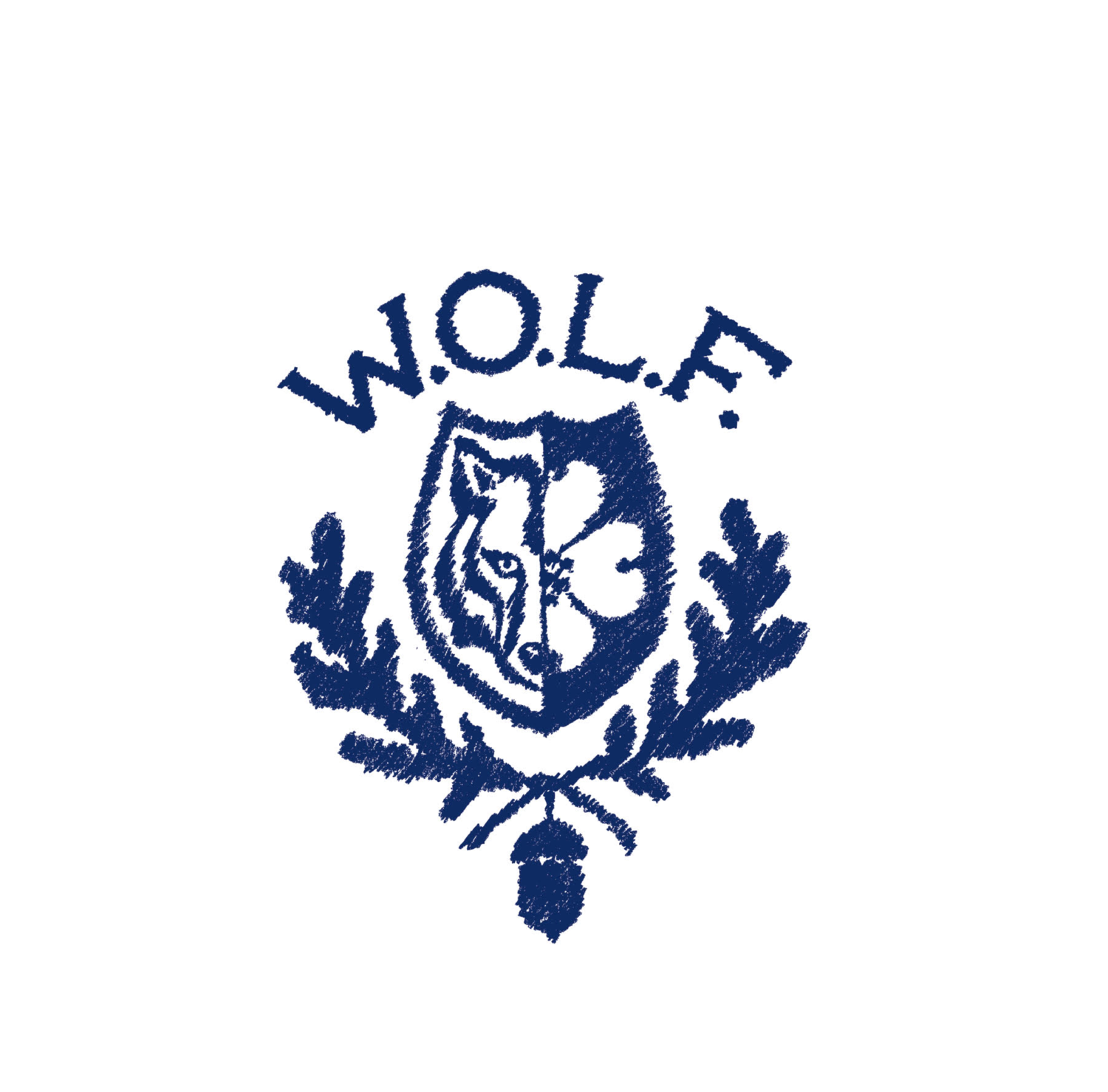Circularity and Blue Jeans
October 25, 2022
At this event at Revolution Mill, in Greensboro, North Carolina, it was inspiring to hear the story of how Cotton Incorporated started its blue jeans recycling program, Blue Jeans Go Green™ Andrea Samber, Director, Consumer Marketing & Brand Partnerships of Cotton Incorporated was our speaker. It began in 2006, not long after Hurricane Katrina did serious damage to the city of New Orleans. Cotton growers wanted to do something to help rebuild the city. Blue jeans were recycled into home building insulation material. A partnership was begun with Habitat for Humanity to help NOLA. Andrea left us with this small, sample block of insulation, recycled blue jeans, made by Bonded Logic, Inc.
Goodwill Industries is on the front-line of collection of apparel items for recycling. Brittany Dickson, a fashion designer, provided an update on Goodwill initiatives.
TS Designs is a Burlington, North Carolina based textile that has started a new brand, Solid State clothing. The products are made with locally grown cotton. President Eric Henry shared his insights on sustainability, buy local and circularity.
WOLF invited Cone Denim to create a table at the event displaying some of its recent denim products featuring sustainable materials and production methods.
Avery Dennison also manned a table and provided information about a software labeling tool that can be helpful in tracing circularity solutions
Beximco Denim of Dhaka, Bangladesh, sent to WOLF three bales of reclaimed fiber. Innovators are discovering ways to use recycled materials to make fashionable blue jeans. These bales contain reclaimed cotton from textile waste. Blue jeans and other cotton apparel items are shredded into pieces. The pieces are broken down, dissolved into a pulp, and then processed into this fiber material. The fiber material can be spun into a yarn, similar to cotton fiber or wool fiber. The reclaimed yarn can be used to make denim products. The material was made by Recover Textile Systems of Banyeres de Mariola, Spain, and by Circular Systems of Los Angeles.
WOLF coordinated on the event with students at the Waste Management Institute of North Carolina Agricultural and Technical State University. Students at A&T collected blue jeans on campus for the event, and they were delivered to the event so that they can be recycled into new, useful products.





